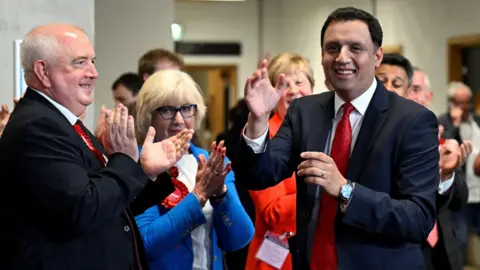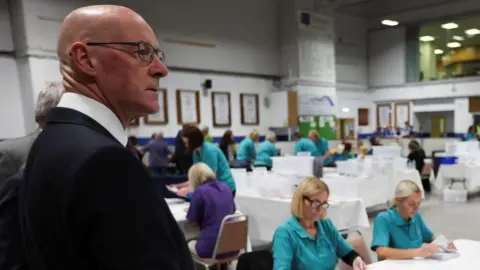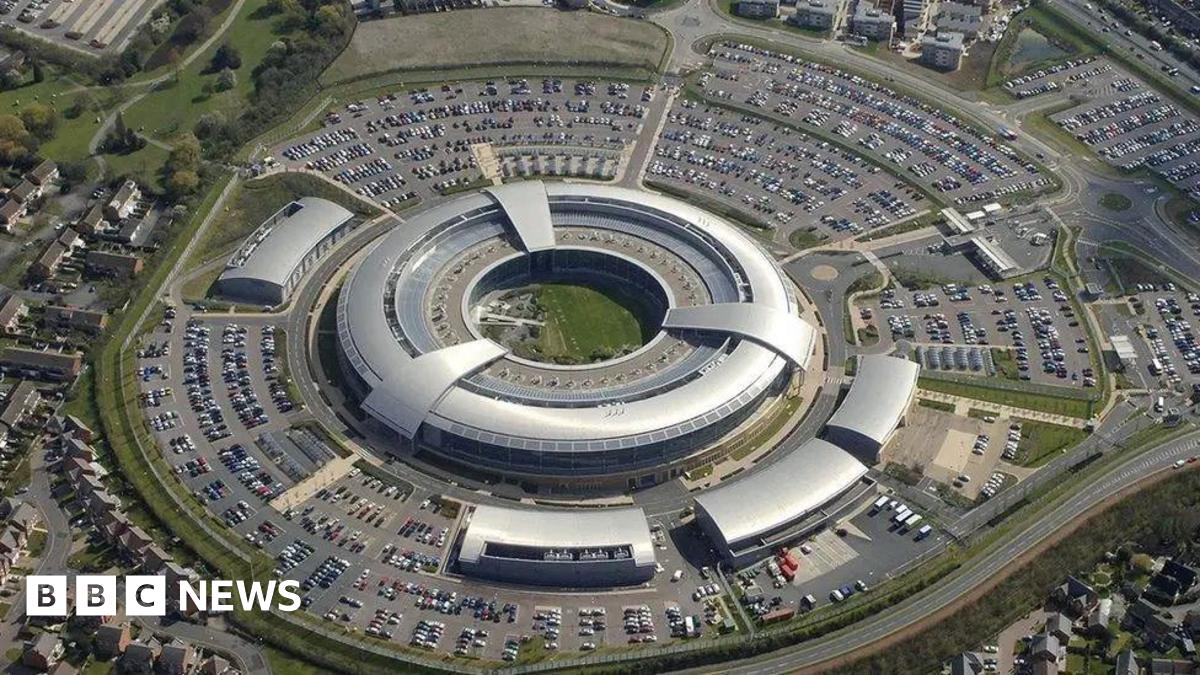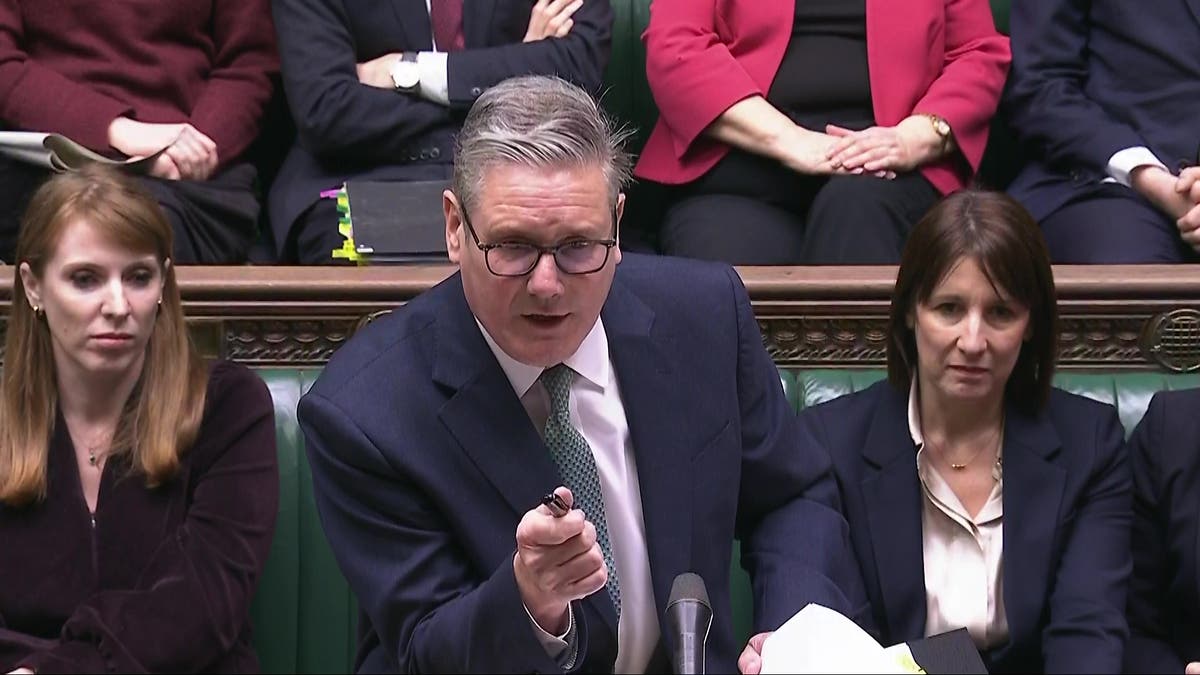World
SNP left shocked by Labour surge across Scotland

By Lynsey Bews, Chief political correspondent, BBC Scotland
 Reuters
ReutersIn Scotland it has been a night of political contrasts – celebration for Labour and catastrophe for the SNP.
Having turned itself into an election winning machine, the party dropped dozens of seats from the 48 it won in 2019, marking its worst performance in a general election for more than a decade.
Losses had been expected.
The SNP’s troubles are well known – disillusionment over a lack of progress towards independence, internal divisions over gender reform and the ongoing police investigation into party finances, to name a few.
But many in the SNP were shocked by the scale of defeat, as seat after seat turned from yellow to red.

So what now for John Swinney and his party? And what now for the question of independence?
After all, the SNP told voters a majority of Scottish seats would provide a mandate to negotiate on leaving the UK.
Of course, the party is not about to give up on its bid for another referendum, but it seems unlikely it can shift the dial any time soon.
Mr Swinney was only in post as leader for a matter of weeks before the election was called, and therefore isn’t expected to bear the blame – although many point out his role as Nicola Sturgeon’s deputy, insisting all of the responsibility cannot be laid at Humza Yousaf’s door.
The SNP leader says there will be soul-searching to do, but it’ll have to be done quickly. He now faces the challenge of getting the SNP back on the front foot in time for that 2026 election.
That ballot now looks to be a far tougher contest, given Labour’s swelling support.
 Reuters
ReutersBut there are fresh challenges for Scottish Labour leader Anas Sarwar too – he’ll need Sir Keir Starmer to deliver on at least some of his promises in the early months of the new Labour government.
If Mr Sarwar is to keep those votes loaned to him by independence-backing SNP supporters, Labour will also need to demonstrate it can deliver for Scotland, and that its Scottish leader can influence decisions made by Number 10.
After 14 years in opposition, Labour has made a spectacular return to power at Westminster – and its majority has been bolstered by a swathe of seats in Scotland.
It’s a result that marks a return from the electoral wilderness for the party, having won just one constituency north of the border in the 2019 general election.
As the party crunched its way to through seat after seat, Mr Sarwar achieved what his five predecessors had failed to do – bringing an end to the SNP’s election-winning run.
And Labour did so by taking votes from both the SNP and the Conservatives, with surges across the country.
 Reuters
ReutersIt was the breadth of the wins that surprised many – the party had anticipated retaking closely contested seats across its traditional heartlands in the central belt, but it had hoped rather than expected to extend its reach beyond that.
The Scottish Labour campaign almost certainly benefitted from the momentum built by a resurgent UK Labour Party, intent on kicking the Tories out of Downing Street.
A greater focus on issues such as the cost of living, rather than the previously dominant constitutional arguments, also ensured Anas Sarwar wasn’t squeezed out of the debate by the SNP and the Tories.
Victory will now be used as a springboard for the 2026 Holyrood election campaign – with the party mounting a serious run at Bute House for the first time in more than a decade.
 PA Media
PA MediaThe Conservatives had a nightmare night across the UK, with their vote share collapsing.
The party saw its support fall away in Scotland too, as its leader Douglas Ross failing to win his seat.
There had been nerves around the impact of the Reform Party – and those concerns proved valid, with the party taking votes from Mr Ross, allowing the SNP to come out on top.
He’ll make way for a new leader, having quit mid-campaign, and the Scottish party will now have its own soul-searching to do too.










